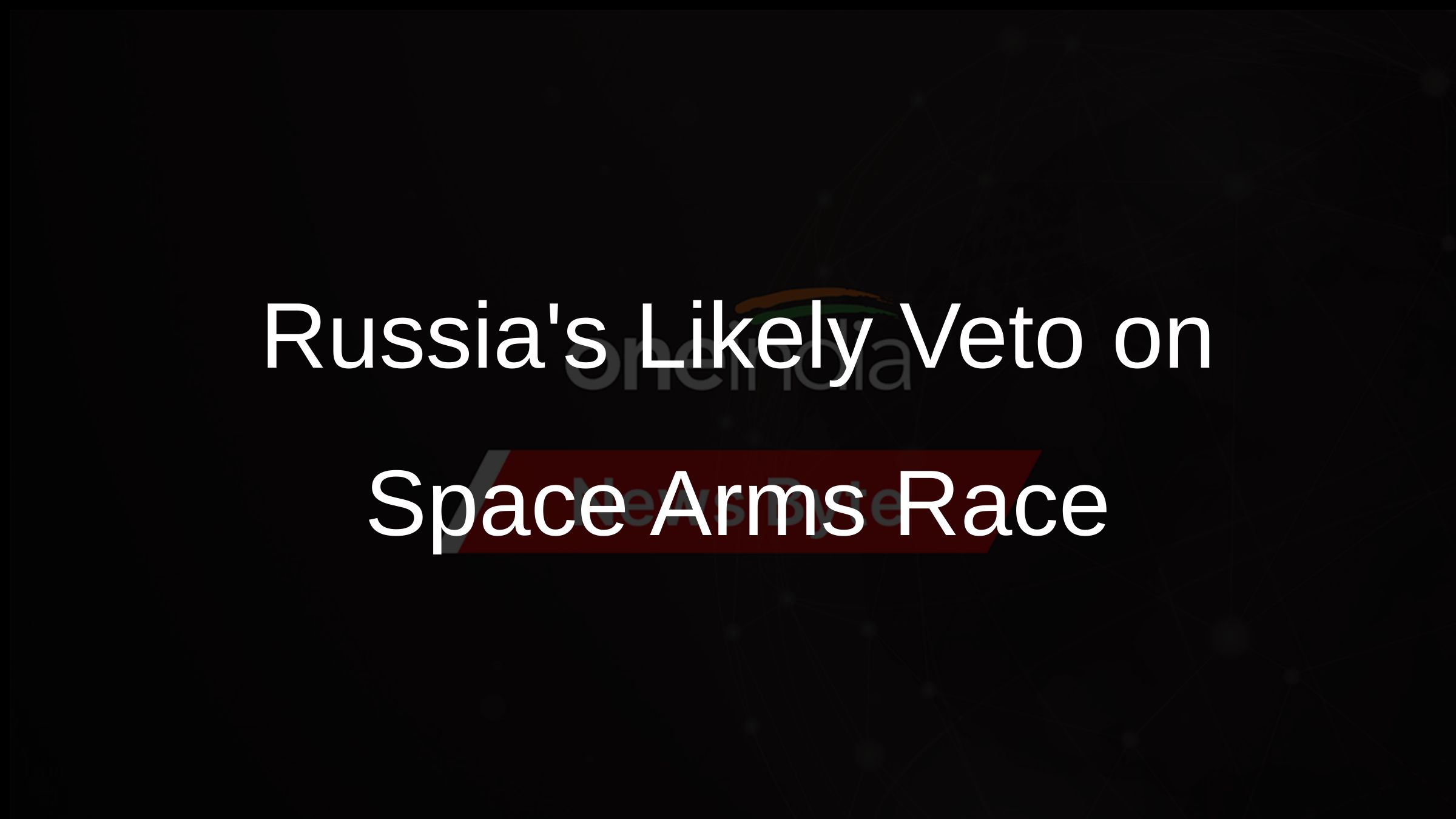
Krepon calls Indo-US nuclear deal 'bad' for global Nukes restraint
Washington, Aug 1 : Michael Krepon, a co-founder of the Stimson Centre and a South Asia expert, has said that the Indo-US civil nuclear was bad for global nuclear restraint, because by fulfilling India's demand for a nuclear fuel bank, the IAEA's Board of Governors will enable the resumption of nuclear testing, first by India, and then by Pakistan.
"The consequences of the US-India deal for the NSG could be even more adverse," the Daily Times quoted Krepon as saying in a commentary.
Founded in 1989, the Henry L. Stimson Center is a nonprofit, nonpartisan institution devoted to enhancing international peace and security through a unique combination of rigorous analysis and outreach.
Krepon writes: "Prime Minister Manmohan Singh has been very forthright in stating that the nuclear deal would in no way constrain New Delhi's right to resume testing. India is not a party to the NPT and it is one of the only 14 states that have not signed the CTBT. If India decides to test again, so be it. But the bulwarks of the global non-proliferation system should not become complicit in this decision. If so, the negative consequences of another game-changing decision by the Bush administration will be greatly compounded. The damage arising from this deal can be limited by making it harder for a future Indian government to resume nuclear testing."
He adds: "The Bush administration has obliged India by relaxing commercial constraints without asking for meaningful steps to strengthen global non-proliferation norms, especially India's signature on the 1996 Comprehensive Test Ban Treaty (CTBT)."
President Bush's decision to bring India into the mainstream of nuclear commerce while facilitating its ability to serve as a counterweight to China was a "bold, game-changing move", he says and predicts that the upgrading of New Delhi's nuclear forces will almost certainly require more nuclear testing.
By endorsing the Indo-US nuclear deal, the International Atomic Energy Agency (IAEA) and the Nuclear Suppliers Group (NSG) can, therefore, become complicit in undermining non-proliferation norms they were designed to uphold, writes the South Asia expert.
Krepon also says that India has in the past acted responsibly while possessing nuclear weapons. "India is a responsible state possessing nuclear weapons. It has shown great restraint by testing these devices less than ten times. Just one of these tests was claimed to be a thermonuclear device - a high-yield weapon that would be carried on long-range missiles, like those India is developing to deter China. No state has ever perfected a thermonuclear device on the basis of a single test, and the data from India's lone test suggest that it may not have been a complete success," he says.
ANI


 Click it and Unblock the Notifications
Click it and Unblock the Notifications
















